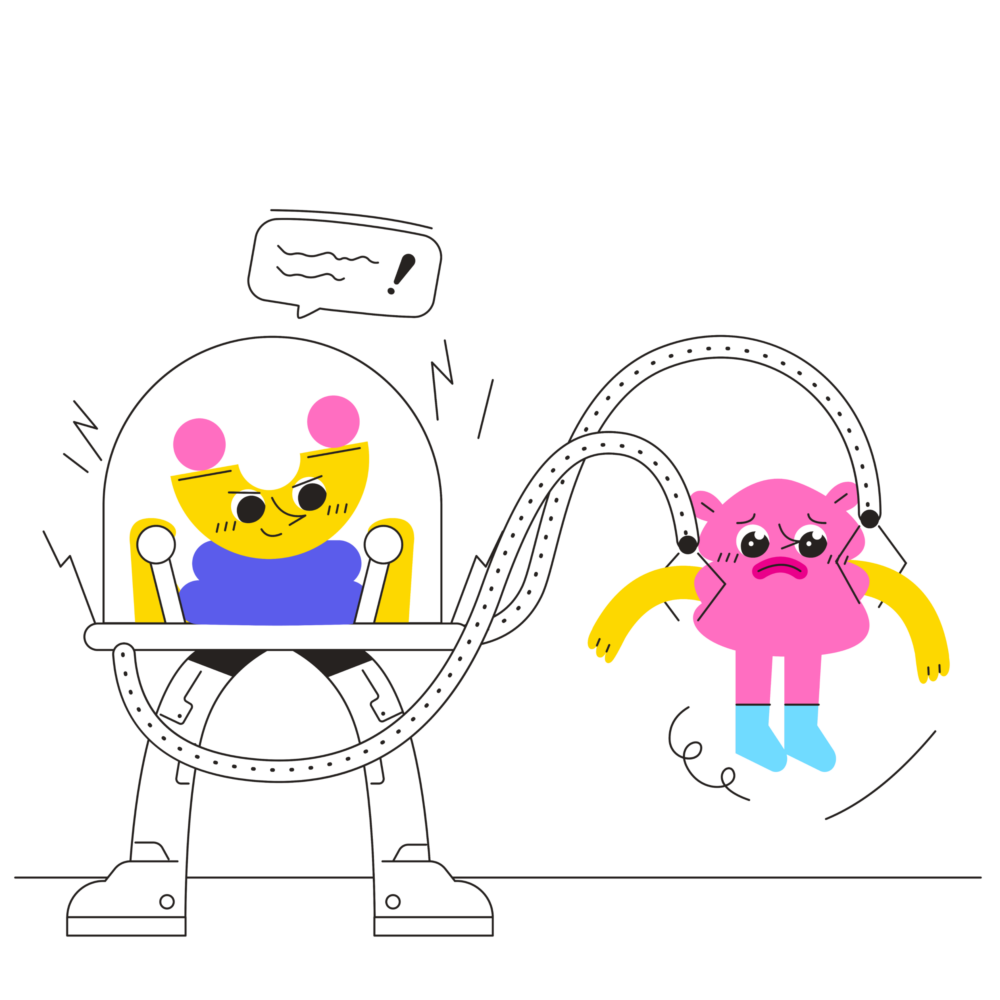A Canadian-born psychiatrist, Eric Berne developed Transactional Analysis (TA) as a psychoanalytic theory and therapeutic approach. Berne introduced TA in the mid-20th century, primarily in his groundbreaking book “Games People Play,” published in 1964. TA offers a framework for understanding human behaviour, communication, and relationships. Here are the key concepts of Transactional Analysis: 1. Ego… Continue reading
Category Theories – Models
Narrative Therapy – Rewriting Your Life’s Story
Narrative therapy is a unique approach to counselling that helps individuals rewrite their personal stories. This method believes that everyone’s life is a series of stories that shape our identities, beliefs, and behaviours. People can find new ways to address challenges and achieve personal growth by exploring and altering these narratives. The Foundation of Narrative… Continue reading
What is Speech Therapy?
From children learning to speak to adults recovering from a stroke, speech therapy is pivotal in enhancing communication skills and improving the overall quality of life. Let’s delve into speech therapy, exploring what it entails and how and when it’s most beneficial. Speech therapy, or speech-language pathology, is a specialized field that diagnoses and treats… Continue reading
Response Inhibition Theory: How Your Brain Filters Impulses
The response inhibition theory aims to explain how the human brain controls impulsive behaviours and regulates responses to various stimuli. This theory explains mechanisms that govern our ability to suppress automatic or prepotent reactions in favour of more adaptive actions. Let’s look into what response inhibition theory means and its significance in understanding human behaviour…. Continue reading
Monoamine Hypothesis of Depression
Depression, a prevalent mental health disorder affecting millions worldwide, has long been a subject of much research. The monoamine hypothesis is one of the most influential and enduring explanations among the various theories seeking to elucidate its underlying mechanisms. Origins of the Monoamine Hypothesis The roots of the monoamine hypothesis can be traced back to… Continue reading
Out of office Therapeutic Interventions
The therapeutic journey is not always confined to the therapist’s office. With approaches like Cognitive Behavioral Therapy (CBT) and exposure therapy, mental health professionals are turning to real-world settings to provide treatment. Let’s explore examples of how therapists are facilitating treatment through immersive interventions tailored to their client’s unique needs. Eating Disorders Imagine a therapist… Continue reading
A guide for Therapist Referrals
Sometimes, during the therapeutic journey, you might encounter a situation where your therapist suggests seeing another professional. Therapist referral can leave you feeling confused, rejected, or even frustrated. But it’s crucial to understand that therapist referrals are often made in your best interests. This article will explore some common reasons therapists might refer their clients… Continue reading
Coaching: How it Differs from Therapy
Coaching and therapy aim to assist individuals in navigating life’s challenges and achieving their goals, and they operate in distinct ways. Understanding the differences between them is crucial for individuals seeking guidance and support. This article delves into what coaching is and how it differs from therapy. It also explores when each might be most… Continue reading
Therapy’s Role in Recognizing Defence Mechanisms
Therapeutic interventions, particularly Cognitive Behavioral Therapy (CBT), play a significant role in defence mechanisms and self-awareness. Identification through Cognitive Restructuring CBT focuses on identifying and restructuring distorted thought patterns. By examining automatic thoughts and cognitive distortions, individuals can recognize underlying justification mechanisms such as denial or rationalization. Through guided introspection, clients learn to challenge and… Continue reading
Adult Attachment Theory: Navigating Relationships with Insight
Adult attachment theory is a comprehensive framework that explores how early experiences shape our interpersonal behaviours and patterns throughout our lives. Initially proposed by John Bowlby in the 1950s and further developed by Mary Ainsworth and others, adult attachment theory suggests that our early interactions with primary caregivers, typically our parents, influence the formation of… Continue reading










